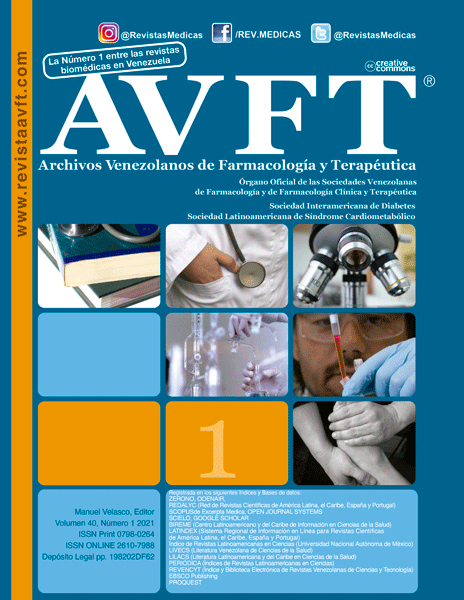The right of convicts in Russia to health protection
Keywords:
convicts, the right to health care, the mechanism for the exercise of the right, medical experiments, forced feedingAbstract
This article essentially aims to investigate the right of convicts in Russia to health protection. The legal regulation of health protection and medical care for those sentenced to imprisonment at different stages of Russian statehood varied. For example, after the Magnitsky case, prison medicine in Russia was transferred to the responsibility of the Ministry of Health of the Russian Federation, which had a positive effect on protecting the right of convicts to health care. At present, the Russian penitentiary system is introducing mechanisms for telemedicine, preventive field examinations by narrow-profile civil healthcare specialists. The regulation of this procedure has many gaps. Accordingly, many questions arise that require theoretical understanding and practical application. The staff of a correctional institution considers forced feeding for prisoners in Russia as the provision of the personal safety of prisoners, i.e. causing physical harm to the convicted person during the procedure; taking compulsory medical measures or really ensuring the right of convicts to health care. For those sentenced to imprisonment, forced feeding is a malicious violation of the regime, in the form of disobedience to representatives of the administration of the correctional institution (part 1, Article 116, CEC RF); self-mutilation, i.e. deliberate harm to one's health (part 2, Article 102, CEC RF); attempted suicide; a form of blackmail.




